Young Research Invited Talk 1
Adaptive Resonance Theory-based Topological Clustering and its Applications
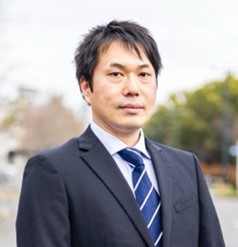 Naoki Masuyama
Naoki Masuyama
Associate Professor, Department of Core Informatics, Graduate School of Informatics, Osaka Metropolitan University, Japan
Abstract:
With the development of IoT technologies, a wide variety of data can be obtained easily and continually. Clustering has been applied in various fields as an efficient approach for extracting information and its relationships from data. Specifically, self-organizing growing clustering algorithms have a useful property that can adaptively extract data structures through topological networks composed of nodes and edges. However, these algorithms are not sufficiently capable of continually learning new information without collapsing the acquired information, i.e., avoiding catastrophic forgetting. On the other hand, Adaptive Resonance Theory (ART)-based clustering algorithms are known to be capable of continual learning without catastrophic forgetting. In this talk, we will present recent fundamental research on ART-based clustering algorithms and their extensions.
Biography:
Naoki Masuyama graduated from Nihon University, Funabashi, Japan in 2010, received an M.E. degree from Tokyo Metropolitan University, Hino, Japan in 2012, and obtained a Ph.D. degree from the Faculty of Computer Science and Information Technology, University of Malaya, Kuala Lumpur, Malaysia in 2016. From October 2017 to March 2022, he was an Assistant Professor at the Graduate School of Engineering, Osaka Prefecture University, Sakai, Japan. From April 2022 to September 2022, he was an Assistant Professor with the Department of Core Informatics, Graduate School of Informatics, Osaka Metropolitan University, Sakai, Japan. Since October 2022, he has been an Associate Professor with the Department of Core Informatics, Graduate School of Informatics, Osaka Metropolitan University, Sakai, Japan.
Young Research Invited Talk 2
Artificial Intelligence Assisted Medical Image Analysis
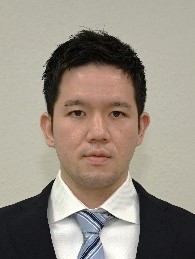 Kento Morita
Kento Morita
Associate Professor, Department of Information Engineering, Graduate School of Engineering, Mie University, Japan
Research Fellow, Department of Next Generation Medical Research, National Cerebral and Cardiovascular Center, Japan
Editorial Member, Journal of Advanced Computational Intelligence and Intelligent Informatics
Abstract:
In recent years, artificial intelligence (AI) technologies such as convolutional neural networks (CNNs) and large language models (LLMs) have been rapidly developing, especially in the field of image analysis. It has become clear that a huge amount of training image data and AI can solve various problems that are difficult to solve with conventional machine learning and image processing techniques. In particular, some studies using pathological images of cancer tumor specimens have shown that it is possible to predict the survival and death of cancer patients after three years with an accuracy of approximately 80%. This suggested that AI-assisted pathological image analysis has the potential to find new diagnostic markers. In this talk, we will introduce our research on long-term prognosis prediction using pathological images of cancer patients and cardiovascular disease patients and artificial intelligence technology.
Biography:
Kento Morita received B.E. in 1995, M.E. in 2016, and Ph.D in 2019, all from University of Hyogo. He was a research fellow of Japan Society for the Promotion of Science (JSPS DC2, 2017-2019). He was an assistant professor (2019-2023) and is currently an associate professor (2023-) at Mie University. Since 2021, he has been a specially appointed research fellow at the National Cerebral and Cardiovascular Center. His research interests include medical image analysis and artificial intelligence. He received the Young Researcher Award 2023 (Fuji Technology Press Ltd.)
Young Research Invited Talk 3
Designing Interactions between humans and computational agents
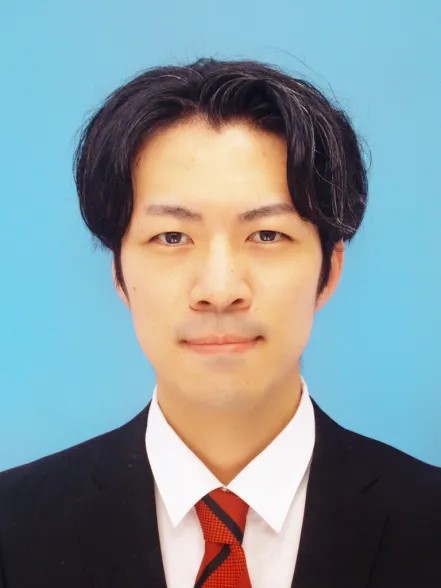 Yotaro Fuse
Yotaro Fuse
Assistant Professor, Department of Data Science, Faculty of Information Engineering, Toyama Prefectural University, Japan
Abstract:
Advancements in hardware and software have significantly promoted AI technology. Recent progress in large language models (LLMs) has enabled natural language interactions between humans and computer systems. This allows us to engage in natural conversations and meaningful discussions with non-human entities. Based on these developments, intelligent systems—such as social robots and virtual agents—are emerging as job assistants, conversational partners, and even companions. As these agents become more integrated into daily life, designing effective communication between humans and agents becomes crucial.
To realize such agents, it is important to design effective methods for exchanging verbal/nonverbal information between humans and computational agents. In addition to improving AI and robotics technology, we must explore the human cognitive processes involved in interactions with agents and their effects on people. This exploration will contribute to understanding the psychological and social impact of technology on humans and to building more beneficial and ethical systems.
Human-agent interaction (HAI) is the research field that examines the interaction between people and agents, which are human-like, intelligent entities (or entities that appear intelligent). In this talk, I will introduce research focusing on humans interacting with computational agents and discuss related studies in the HAI field.
Biography:
Yotaro Fuse received the B.E. and M.E. degrees in engineering and the Dr. (Eng.) degree from Kansai University, Suita, Japan, in 2017, 2019, and 2022, respectively. From 2021 to 2022, he was a Research Fellow of Japan Society for the Promotion of Science (DC2). From 2022 to 2024, he was an Assistant Professor with the Department of Intelligent Robotics, the Faculty of Engineering, Toyama Prefectural University, Imizu, Japan. Since 2024, He has been an Assistant Professor with the Department of Data Science, the Faculty of Information Engineering, Toyama Prefectural University, Imizu, Japan.
Young Research Invited Talk 4
Cognitive Rehabilitation through 'Computational Systems Rehabilitation'
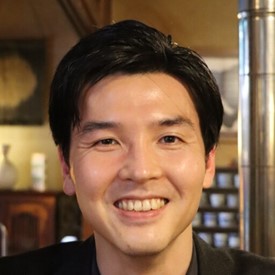 Takenori Obo
Takenori Obo
Assistant Professor, Department of Mechanical Systems Engineering, Tokyo Metropolitan University, Japan
Abstract:
The annual incidence of brain strokes is approximately 15 million worldwide. Although advances in medical science have improved survival rates for stroke patients, the number of post-stroke individuals experiencing physical disabilities and cognitive impairments continues to rise. In clinical practice, paper-and-pencil tests are commonly used for quick assessments and diagnoses; however, their sensitivity is often inadequate for evaluating activities of daily living. Therefore, the integration of novel technologies such as IoT, Extended Reality (XR), AI, and Big Data Analysis is anticipated to offer new perspectives in diagnosis and rehabilitation training.
In this presentation, I will introduce the concept of a rehabilitation platform and computational approaches for cognitive rehabilitation. First, I will present immersive VR/AR systems and assessment programs specifically designed for addressing higher brain dysfunction. I will also discuss the significance of cognitive modeling as a novel approach to cognitive rehabilitation. Subsequently, I will explain a structured learning process, where each learning system functions as an interdependent subsystem, modeling the perceiving-acting cycle in rehabilitation tasks. The cognitive architecture consists of four subsystems: the attention system, perception system, intention system, and action system. Topological mappings and recurrent neural networks are employed for the spatiotemporal pattern modeling. Furthermore, I will present several experimental examples conducted in clinical settings.
Biography:
Takenori Obo is an Assistant Professor in the Department of Systems Design at Tokyo Metropolitan University, Japan. He earned his B.E., M.E., and D.E. degrees from Tokyo Metropolitan University in 2009, 2011, and 2014, respectively. His research interests include structured learning, computational intelligence in healthcare systems, rehabilitation support systems, intelligent robotics, and applications in human-centric systems.
Young Research Invited Talk 5
Introduction to Rough Clustering: Fundamentals and Applications
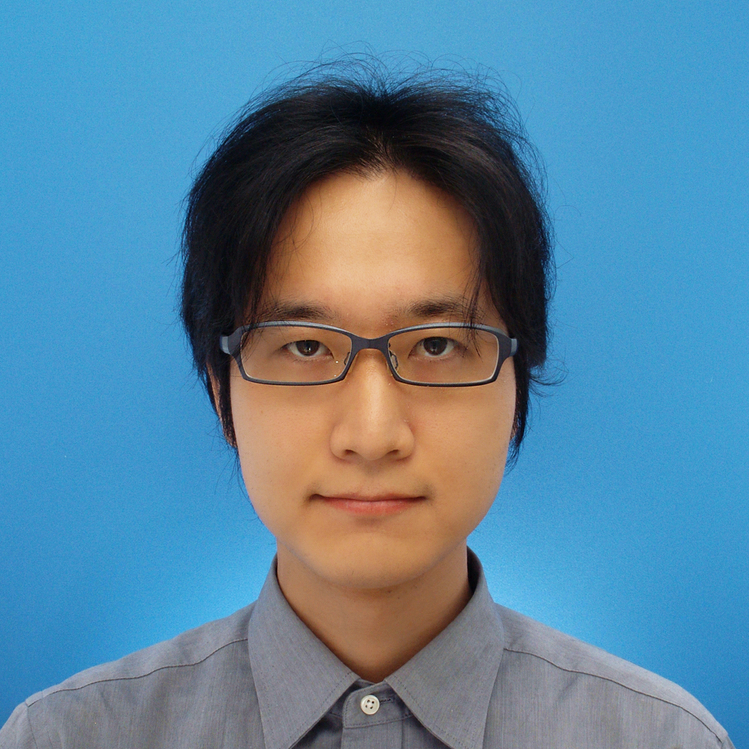 Seiki Ubukata
Seiki Ubukata
Associate Professor, Graduate School of Informatics, Osaka Metropolitan University, Japan
Treasurer, Japan Society for Fuzzy Theory and Intelligent Informatics
Vice Chair, Special Interest Group on Continual Learning and Emergence of Intelligent Systems
Editorial Member, Journal of Advanced Computational Intelligence and Intelligent Informatics
Abstract:
In today's highly advanced information society, there is a growing demand for the utilization of big data through artificial intelligence technologies and machine learning approaches. The demand for clustering methods that automatically classify and summarize vast amounts of data without supervision is growing. Although k-means is widely used as a traditional clustering technique, there is a high risk of misclassification because it assigns each object in the dataset to a single cluster. In real-world datasets, cluster structures are often ambiguous, making it challenging to handle uncertainty where it is difficult to uniquely determine an object's cluster membership. To address such uncertainties, soft computing approaches such as fuzzy theory and rough set theory are effective. While fuzzy clustering has been extensively researched and widely applied worldwide, rough clustering based on rough set theory remains relatively underexplored. Rough set theory is an interesting framework that deals with uncertainty arising from the granularity of information and offers significant potential for research on its application to clustering. We have contributed to the development of this field by organizing the fundamental theory of rough clustering and proposing several rough clustering methods that account for uncertainty arising from granularity. Additionally, our research extends rough clustering applications to collaborative filtering, a foundational technology for content recommendation systems. In this talk, I will introduce the fundamentals and applications of rough clustering, drawing upon my research journey.
Biography:
Seiki Ubukata received his B.E., Master’s, and Ph.D. degrees in Information Science from Hokkaido University, Sapporo, Japan, in 2007, 2009, and 2014, respectively. From 2014 to 2015, he was an Assistant Professor at the Graduate School of Engineering Science, Osaka University, Toyonaka, Japan. From 2015 to 2020, he was an Assistant Professor at the Graduate School of Engineering, Osaka Prefecture University, Sakai, Japan. From 2020 to 2022, he served as an Associate Professor at the same university. Since 2022, he has been serving as an Associate Professor at the Graduate School of Informatics, Osaka Metropolitan University, Sakai, Japan. His research interests include soft computing, cluster analysis, and their applications.
